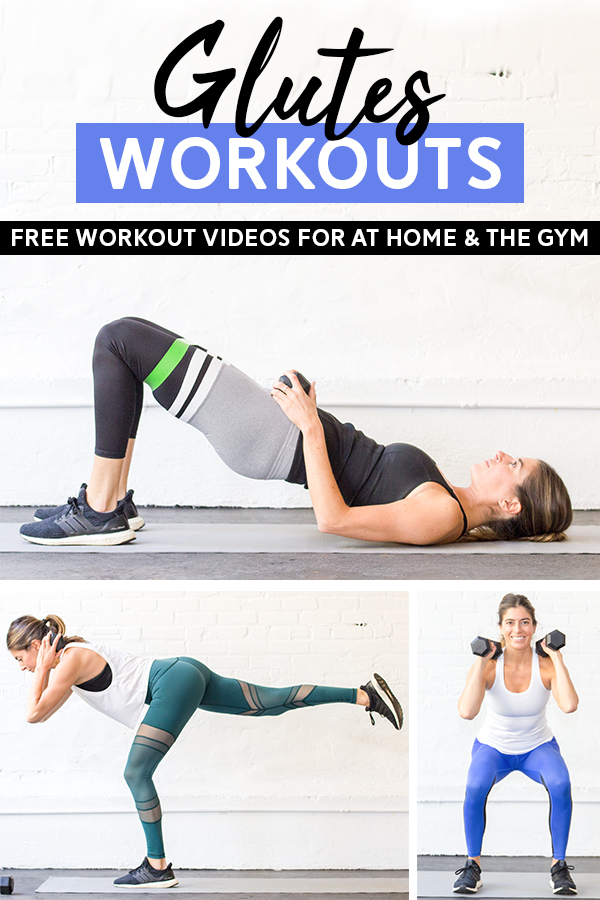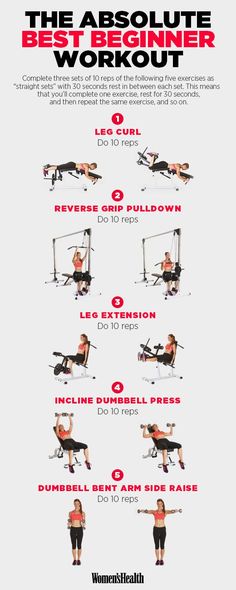
Personal trainers have flexible hours and work schedules. It is common to work evenings or weekends and travel to clients. Personal trainers can also work 12-hour days to grow their client base or recruit new clients. They may also be able to work at local gyms and on cruise ships. A personal training career is for you if you are passionate about working with people. It is also an excellent opportunity for people who care about fitness and want others to achieve their goals.
Personal trainer qualities
Clients need to feel confident in their personal trainer's ability to deliver safe and effective training. Personal trainers should be willing to assist clients and respond to their needs. A personal trainer must be able communicate the principles of a training program clearly to clients. A personal trainer must know when to encourage or support clients. Personal trainers should be committed to learning new things in order to better serve their clients.
Personal trainers, regardless of the difficult nature of their jobs, are an invaluable asset. Not only must they have the right knowledge and experience, but they also need to be able self-manage their business. In addition, they must be highly organized and have good time management skills. A personal trainer should be knowledgeable in all aspects of technology and be able manage clients efficiently. Personal training has many benefits that outweigh its drawbacks.

Hours of work
Personal trainers can work a variety of hours. Personal trainers will likely work less rigidly if they are self-employed. In-home trainers for example often work at the hours that best suit their clients' schedules. Personal trainers that own their business have the freedom to choose their own work hours. Although most trainers work eight hours a day, they are allowed to choose their own hours.
Starting a career as personal trainer may require you to work up to 14 hours per day. This is because you need to spend time building rapport with your new clients, schedule complimentary sessions, and conduct sales calls. Although you might initially work 12-14 hours per day, once you have a larger client base, you can reduce that number. Flexibility is key to your success.
Salary range
While the salary range for a personal trainer may vary, the average amount is $17 to $25 per hour. This does not include expenses. Many trainers work in split shifts, and can expect to work as much as 12 hours per day. A full-time professional can earn a better salary. Here are examples of salary ranges for personal trainers. The steady flow of clients and cash flow may be difficult for new businesses. You might be better off starting with a smaller amount, and increasing your hours and revenue as your business grows.
The type of organization a personal coach works for will affect the salary. Although some trainers work independently, most are also employed at a gym. Salaries will be determined by how many hours they work. If they work 40 hours per week, private trainers can earn $15 an hour. This is approximately $31,000 annually. Others charge clients $300 per year to use their services. Others are paid for their time, and require a minimum of 90 days.

Career growth
You can grow your personal training career, whether you are just starting out or have been working in the field for years. Personal trainers have many career options, including in fitness and sports. You can work at home or start your business. You can work when you want and there are no fixed hours. A fitness online training company might be a good option if you are looking to find a new niche.
You may find it tempting to be a personal coach and focus only on your core skills. For example, if your passion is fitness but you also want to help others improve their health, then you might choose to specialize in pre-natal and post-natal exercise, functional training or sports nutrition. For personal trainers, there are many options for training and certification. You can either join an accredited society or look online for an accredited course. Visit the PD-Portal to find out more about available courses.
FAQ
What does Exercise do for your Body?
Exercise can help you lose weight. Build muscle mass, increase energy, reduce stress, and improve quality of your sleep. Exercise is good for your mood, self-esteem, productivity, and heart health.
Can exercise make me gain weight?
Not at all. In fact, exercise helps you to maintain your current weight. Regular exercise will help you build muscle and boost your metabolism. This will allow you to burn more calories every day. This means your body will not store as much fat.
What is Cardio Exercises?
Cardiovascular activities are any exercise that makes your heart work harder than normal. You can do this by running, swimming, biking, rowing and bicycling. These activities help you burn fat and increase your metabolism. They are also great ways to keep fit.
What effects does caffeine have on my sleep patterns?
Caffeine effects how fast it takes to fall asleep and how much sleep you get. Caffeine induces drowsiness which makes it easier to fall asleep. You may stay awake for longer periods, which makes it more difficult to fall asleep. Drinking coffee or energy drinks before bedtime is a bad idea.
Can I eat during my exercise?
Yes. Yes. You can eat whatever you want while you exercise. Choose low-calorie snacks like watermelon. These foods provide nutrients that improve your performance during exercise.
What is the significance of healthy nutrition?
We need to eat well for our health and wellbeing. Healthy diets include whole grains, fruits and vegetables as well as lean protein and dairy. A healthy diet will help you stay active and fit, which in turn leads to better overall health.
How exercise and nutrition can help you to have a better life?
Exercise helps you to stay healthy, lose weight, gain muscle mass, and reduce stress. Nutrition is essential for energy, sleep and mood as well as overall health. If you want to live longer, eat less meat, drink alcohol moderately, avoid smoking, and do regular physical activity.
Statistics
- According to the Centers for Disease Control and Prevention, chronic diseases cause 7 out of 10 deaths in the U.S., and treating chronic diseases accounts for 86% of U.S. healthcare costs. (mana.md)
- Adolescent girls were less active than adolescent boys, with 85% vs. 78% not meeting WHO recommendations of at least 60 minutes of moderate to vigorous intensity physical activity per day. (who.int)
- In high-income countries, 26% of men and 35% of women were insufficiently physically active, as compared to 12% of men and 24% of women in low-income countries. (who.int)
- Globally, 28% of adults aged 18 and over were not active enough in 2016 (men 23% and women 32%). (who.int)
External Links
How To
How to motivate yourself for a healthy fitness routine
A fitness routine is a series of exercises that are performed over a specified time period. It helps to tone and build muscle mass. Regular physical activity can improve cardiovascular health and lower blood pressure, cholesterol levels and risk of heart attack and stroke. It also reduces anxiety, stress, depression, stress, obesity and other diseases. Exercise provides psychological benefits like self-esteem and confidence, mood, energy levels, sleep quality, and social interaction.
Why do you want to follow your own fitness routine?
You can lose weight and improve your health by following a workout routine. What makes a fitness routine so important? Let's see!
What does it actually mean to do a workout?
It's a minimum of three times per week that you engage in some form or activity such as running, swimming and yoga. It doesn't have to take you hours to exercise; 30 minutes is all it takes to burn calories, keep you fit, and help you stay healthy. The most important thing is that you stick to the plan. It doesn't matter if you skip a day or two. Just keep going.
How much time should I dedicate to my health and fitness?
The amount of time you spend on a workout depends on your level of activity. It takes between 20-30 minutes to complete a moderate workout. Start slowly by exercising for five to ten minutes first if you're just starting out. Once you've gotten used to it, increase the duration gradually.